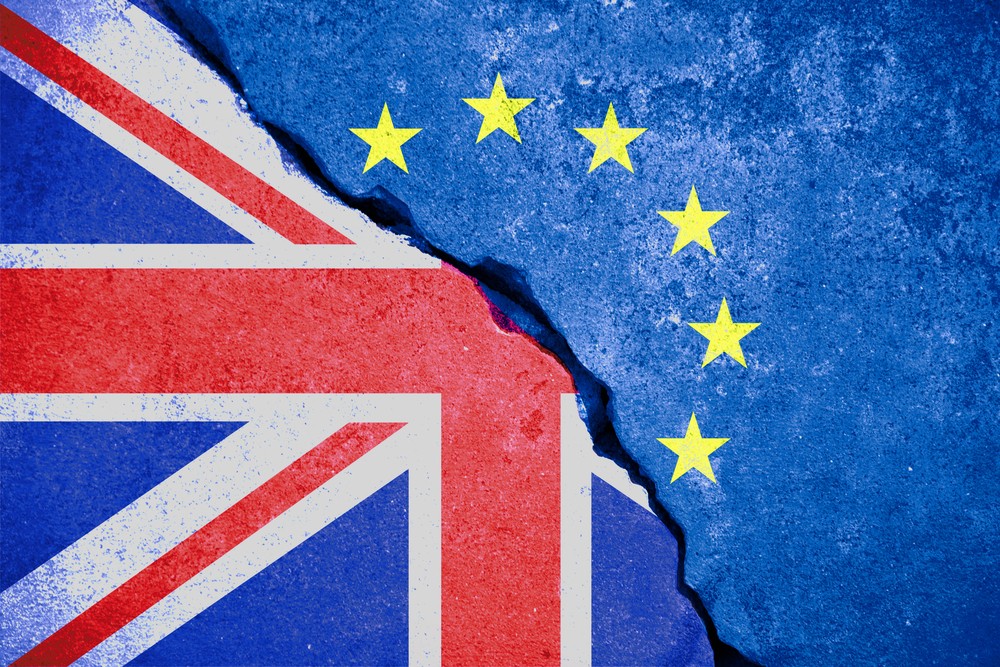Total number of posts 463.

ESRI found that the UK withdrawal reduced the potential value of goods exported to Europe by 16%, low EU exports to the UK, and reduced sales.
According to a new study by the Institute for Economic and Social Research (ESRI) released on October 19, since its occurrence, Brexit has brought a deeper opportunity cost to UK-EU trade (previous estimation), when comparing the decrease of actual goods flows after 2020 to that of UK staying in the EU market.
The Economic and Social Research Institute (ESRI) found that the UK's withdrawal reduced the potential value of goods exported to Europe by 16%, while EU exports to the UK were even lower, making business potential sales decrease by 20%.
The ESRI experts used a hybrid model combining UK and EU data. They make the central assumption that, if Brexit does not happen, the UK's import and export levels with its European partners will closely reflect the EU's relatively stronger internal trade activity last year. ESRI found that, instead, trade was affected in both directions – but in significantly different ways.
While many UK companies that produce low-margin goods have stopped shipping to the EU entirely, the flow of goods into the UK has largely continued but in reduced volumes. ESRI says this reflects contrasts in post-Brexit border regimes. While the UK has imposed little if any post-Brexit regulatory constraints on EU imports, UK exports now face customs and hygiene checks by the EU. The EU increases costs and delays, making low-margin products unprofitable.
ESRI finds that UK exporters are losing opportunities and market share in most EU countries, most notably with their closest trading partner, Ireland, where the value of British goods last year was 40% off the no-Brexit model. Other losses can be seen in Spain (32%), Sweden (25%), and Germany (24%). The only EU member that recorded any increase in UK imports in the ESRI model was Luxembourg, which increased by 76%.
While ESRI did not give a detailed reason why the UK government identified electric generators as the top export for 2021 of the UK. On the other side of the trade, only two EU countries achieved the above-expected increases in exports to the UK: Latvia (38%) and Cyprus (33%). Several others recorded no discernible decline after Brexit, including food and drink powerhouse Ireland.
But exporters in most EU countries last year cut shipments in line with what the report identified as reducing the attractiveness and certainty of the UK market. The estimated 2021 value of those exports, compared with the report's scenario when the UK was still an EU member, fell the most in Malta (46%), followed by Finland (33%), France, and Greece (29%), the Netherlands (27%), Belgium (26%), Poland (21%), Portugal (20%), Spain and Sweden (19%), Germany (14%) and Italy (12%).
Source: Cong Thuong News














